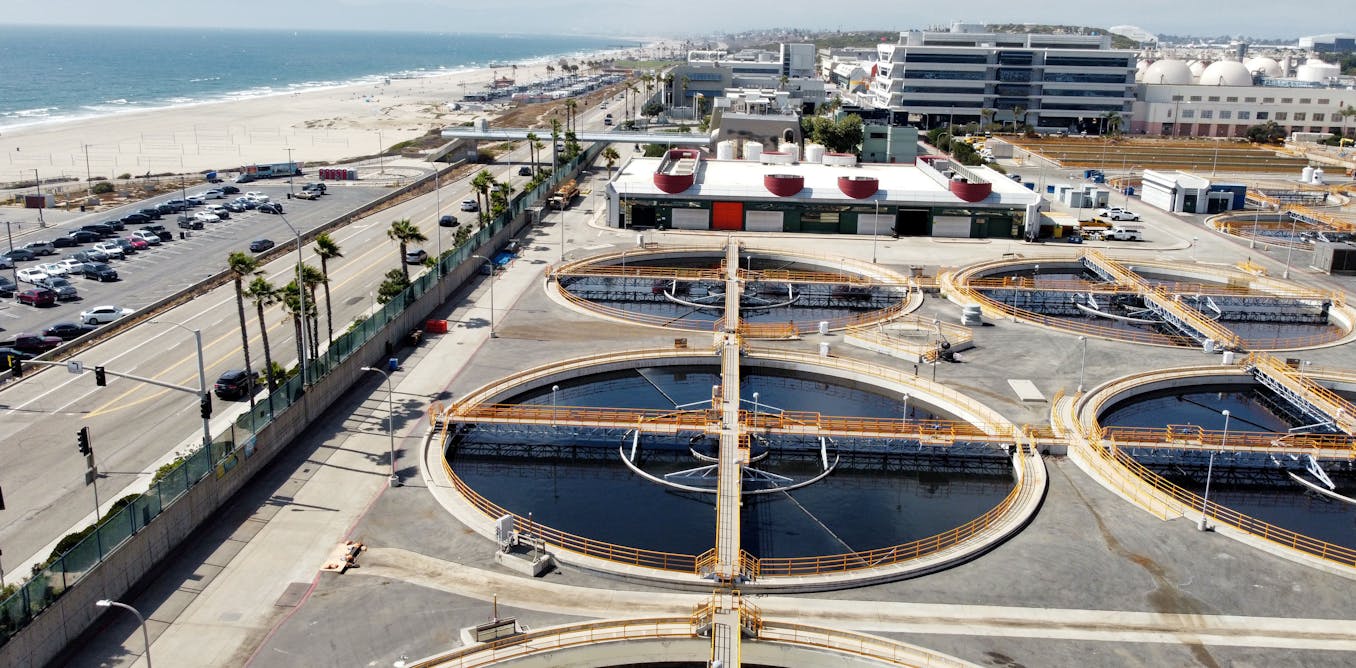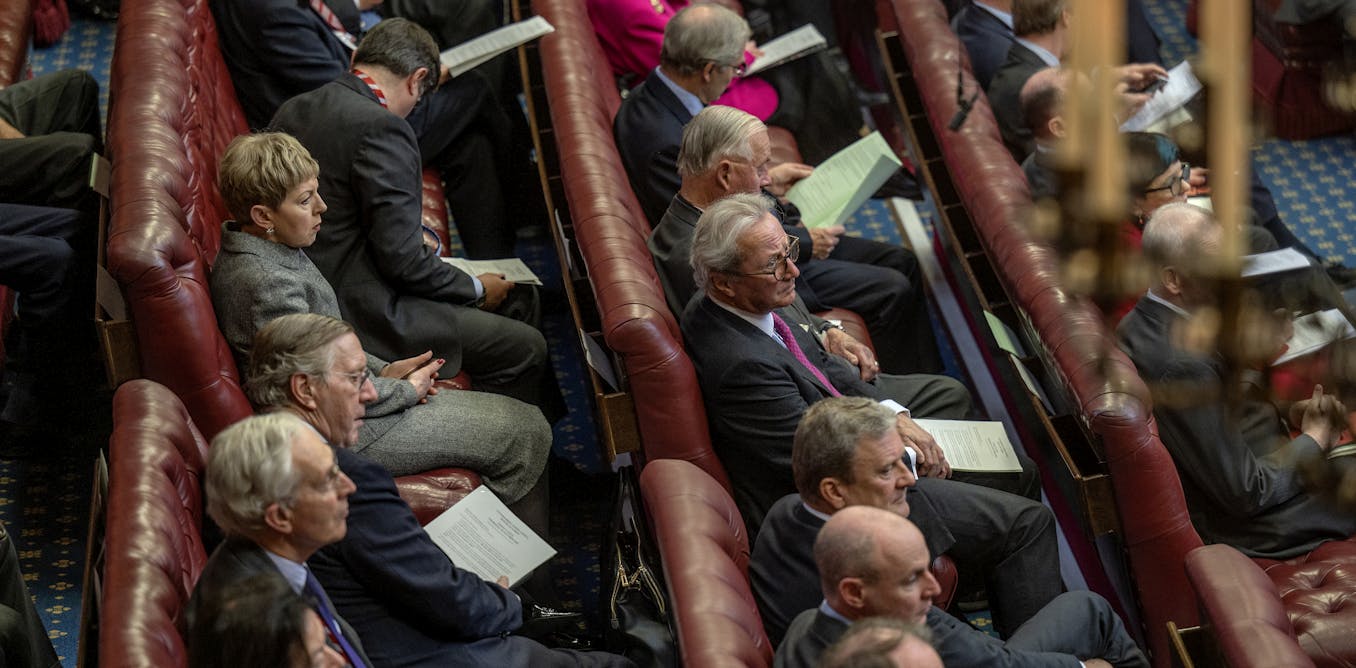Most of us, whether we admit it or not, engage in a great deal of passive scrolling through social media daily.
And while the platforms have proliferated for years, experts are only now beginning to demonstrate their full impact on our attention, mental health, spending habits and politics.
Despite the benefits, social media is also creating new problems. A pressing concern is the dissemination of misinformation by political extremists, a trend amplified by the unprecedented reach of platforms like Facebook and X (formerly Twitter). When it comes to issues like immigration, many activists, experts and pundits point to social media as a vehicle for the spread of prejudice, conspiracy theories and false claims targeting immigrant and minority populations.
Even before launching his 2016 presidential bid, for example, Donald Trump used Twitter to share messages attacking immigrants and ethnic minorities with millions of people, giving him the power to dominate news cycles and shape public policy.
Does social media make people more xenophobic?
Polarizing platforms
For decades, scholars studying how people consume information about immigration have argued that print and TV news stories often portray the economic and social impact of immigration negatively.
Studies on major American newspapers and news stations show that traditional media coverage has encouraged prejudice toward Latin American immigrants and Muslims.
Does social media follow this trend? Social scientists are beginning to disagree.
Some scholars point to racist and anti-immigration messages on social media as evidence that platforms like Facebook, X and Reddit encourage users to speak freely without the constraints of social norms to a broad and diverse audience.
Other studies argue that social media creates uniquely polarizing environments where users organize themselves into political tribes that fight one another using aggressive dialogue. Even in Canada — a country often touted as pro-immigration — social media has allowed users to attack immigrants and minorities.
Users’ attitudes, however, may matter more than the specific platform.
Politically aggressive users
Recent studies from the United States and Western Europe show that social media attracts politically aggressive users who often do most of the talking in heated online conversations.
Based on my recent research on Canadian X users, I found similar results. I analyzed roughly 13,000 English-language posts discussing immigration and Canada’s housing crisis in 2023. Unsurprisingly, I discovered that many users blamed immigrants for a lack of affordable housing, including influencers with tens of thousands of followers.
In August 2023, discussions about housing on X peaked, with 3,638 posts mentioning both immigration and housing. This significant increase in online conversation coincided with federal government’s public comments linking international students to the housing crisis. The data supports the idea that Canadians were actively discussing the housing crisis in relation to immigration during this time.
Nicholas A.R. Fraser, ‘Immigration Narratives During a Housing Crisis.’
Does this mean that Canadian X users are now seething with hatred for immigrants? While some are, a closer look reveals the partisan nature of these posts.
When I examined users’ identities and networks, it became clear that their anti-immigration messages were often a means of criticizing Justin Trudeau and his Liberal government. In other words, right-wing users (with large and small followings) were chiefly responsible for creating and sharing these posts, including People’s Party of Canada leader Maxime Bernier.
For instance, Fringe Albertan (about 2,500 followers in August 2023) posted in response to a post by Rebel News:
“@RebelNewsOnline Its a lie! Typical Liberal. Hes lying bc Canada is a UN member, and as a member, has signed onto an immigration pact to flood Canada with migrants, destroying our economy, social network, housing, and culture. #EndUNMembership @UCPCaucus @CPC_HQ @Buffalo_AB @BuffaloPartySK”_
Similarly, lloyd (about 50 followers at the time) posted in response to a post by CTV News:
“@CTVNews Thanks CTV News it’s no wonder why they are leaving as Canada is so poorly governed ! Housing shortage when Immigration brings millions of Migrants and never checked to see how many homes they had and shortage worst ever for Canada! Worst blunder in Canadian History! HELP.”
Right-wing social media users significantly contributed to public discourse blaming immigrants for Canada’s problems.
Some might argue polarizing content is simply a reflection of free speech.
This is true to some degree, but recent studies suggest online polarization can also threaten free societies. Algorithms designed to focus users’ attention on threats and conflict can reliably make users engage with content; this is what makes social media platforms potentially dangerous. Fortunately, users are far from powerless.
Reducing online polarization
While figures like Trump show that social media can be used to spread prejudice to mass audiences, it also matters that users often self-select into networks they like.
New studies make clear that users’ socio-political context, partisanship and behaviour seem to matter as much as the platform itself.

(Unsplash)
It turns out both platforms and users are responsible for online polarization.
What can we do about social media platforms?
Ultimately, we need socially responsible online platforms that focus less on producing outrage and division to attract users. This means including researchers, governments and civil society in designing social media interfaces and algorithms to establish reasonable community standards for sharing information and regulating users’ behaviour.
But we cannot wait for politicians to solve this problem. Even if we get platforms that focus less on outrage, trolls will still exist.
Social media’s rapid pace and the lack of consensus over online behaviour create ethical dilemmas for users everywhere. For example, many people passively scroll and react to content they skimmed, but if conflict arises later in the thread, many users are unsure how to respond or whether they should respond at all.
To see less polarizing social media content, we need to both consciously choose what platforms we wish to join (and why), and we need to cultivate better ways to handle online conflict.

The post “Politically aggressive social media users are creating most of the anti-immigrant content” by Nicholas A. R. Fraser, Senior Research Associate , Toronto Metropolitan University was published on 10/05/2025 by theconversation.com




































Leave a Reply